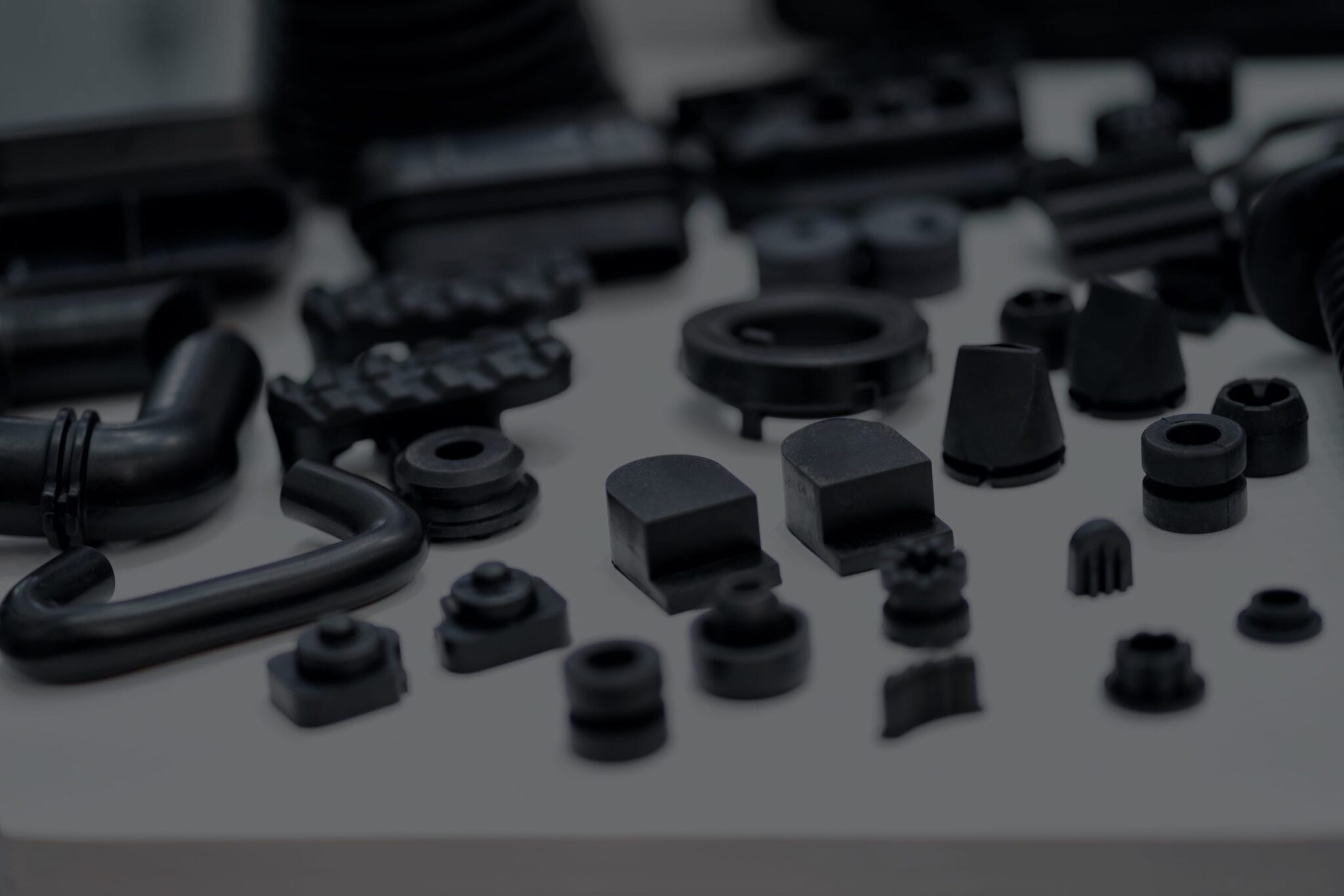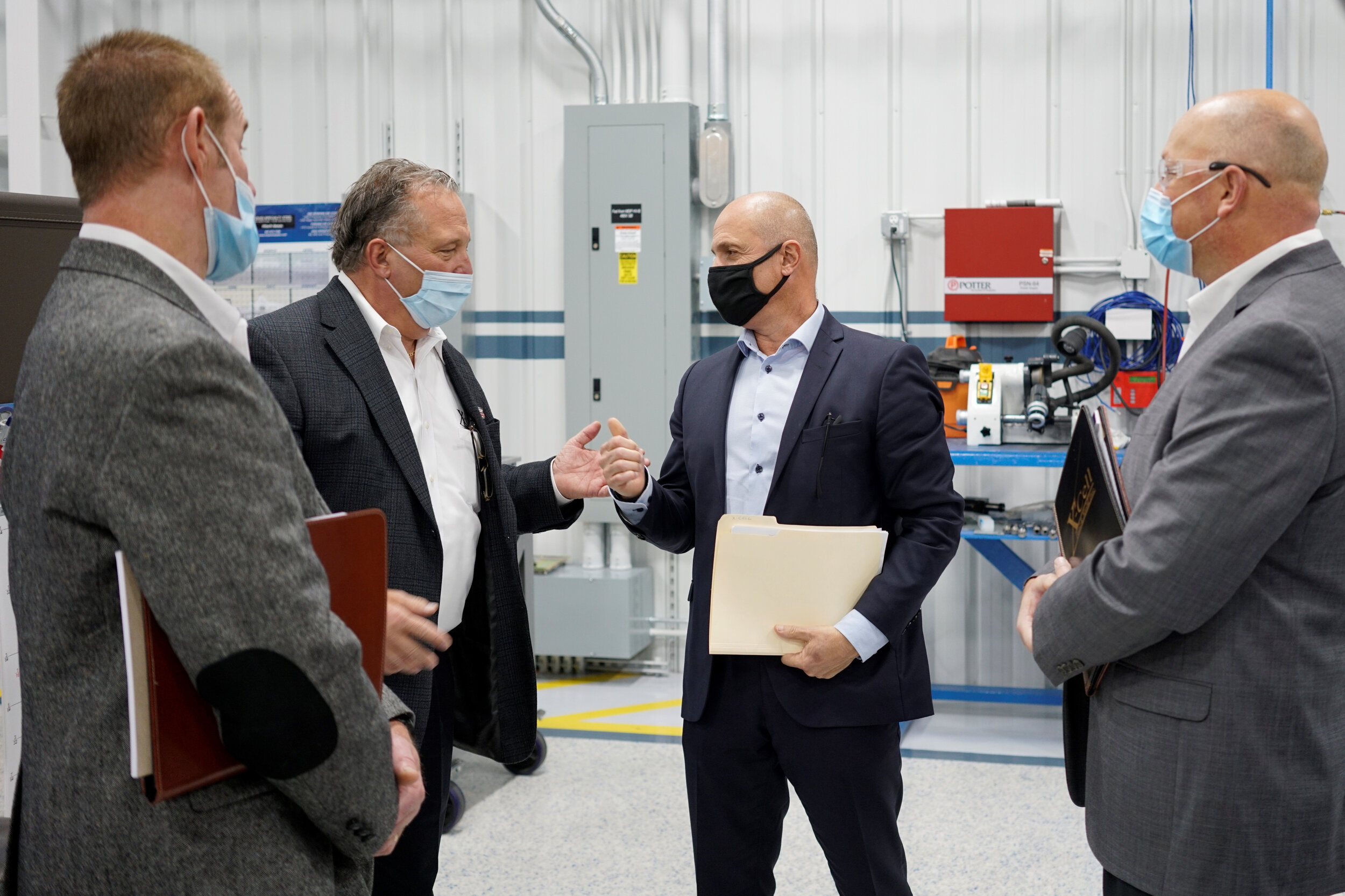A Guide to Understanding Additive Material Chemical Compatibility
Published on June 6, 2022

Originally published on fastradius.com on June 6, 2022
People often turn to compatibility comparisons to understand how their product’s material will react to certain chemicals and withstand its future environment. To help guide you in the material selection process, we’ve compiled data from our additive manufacturing partners, including Carbon, HP, and Stratasys.
Our partners used several tests to evaluate additive materials. For example, DLS materials were tested and evaluated on percent weight gained after one week of chemical submersion, per the ASTM D543 standard. Additive materials from ULTEM 9085 to RPU 70 were tested in household chemicals (like sunscreen, bleach, and chlorinated hydrocarbons), industrial fluids (from windshield washer fluid to diesel fuel), and strong acids and bases (such as sulfuric acid and sodium hydroxide). The materials that absorbed the most chemical substance received the lowest evaluations, as they would degrade faster in a real-world situation, while those that absorbed less received higher rankings. Similarly, we ranked our FDM and MJF materials based on their likelihood of degrading during immediate, short-term, and prolonged exposure.
It’s important to note that these evaluations do not reflect mechanical or dimensional changes in materials after chemical exposure. Instead, you should use this chart as a general guide to help narrow down the selection of additive materials for varying environments. Any parts used in production applications require formal testing and validation, as our chart merely indicates the likelihood of additive material degradation over specific periods.
To better understand material capabilities and their ability to meet formal standards, reach out to our team to help you get started on your next additive project.



